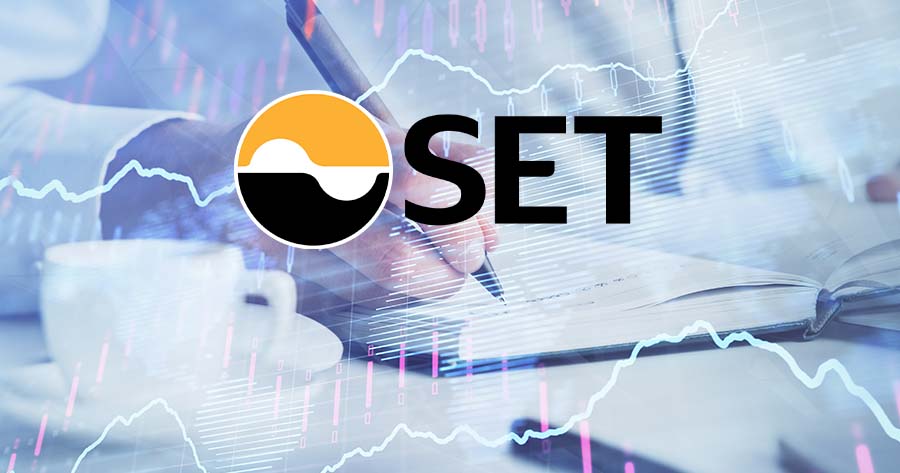South Korean President Lee Jae-myung announced Thursday that he would abandon a contentious proposal to revise the capital gains tax on stock investments, bowing to mounting public criticism and investor backlash.
The move removes the threat of tighter tax rules on shareholders, boosting sentiment in a stock market already trading at record highs.
Speaking at a press briefing, Lee said he saw no need to lower the capital gains tax threshold defining “large shareholders” from five billion won to one billion won.
If the policy is harmful to the stock market, then it is no longer necessary, he said, adding that he would defer any legislative changes to parliament, where both main parties support leaving the threshold untouched.
The announcement triggered a bounce in the benchmark Kospi, which had initially dipped but quickly recovered to trade 0.5% higher at 3,331.24 points by 05:36 GMT, lifting the index further above its previous all-time closing high set the day before.
Lee reaffirmed his administration’s commitment to tackling the “Korea Discount”—the persistent undervaluation of Korean companies relative to global peers—by cracking down on unfair trading and boosting corporate governance reforms.
Among the measures under consideration is a proposal for the National Pension Service, one of the world’s largest pension funds, to ramp up investments in domestic equities rather than focus predominantly on foreign assets.
Lee questioned the logic behind the pension fund’s strategy of increasing overseas investments to avoid potential market disruptions decades into the future, arguing that by the time large asset sales are needed, domestic stock prices will likely have appreciated.
While the administration still intends to press ahead with an increase in the stock transaction tax—from 0.15% to 0.2%—as outlined in July, the retreat from tightening capital gains rules has soothed investors. Analysts have previously flagged year-end selling by retail investors seeking to skirt the “large shareholder” threshold as a source of volatility and downward pressure on the broader Kospi.
Lee’s market reform agenda, positioned as deeper and more investor-focused than previous government efforts, includes strengthening board accountability to shareholders and forming a task force to help South Korea secure developed market status from global index providers—similar to the reforms credited with boosting Japan’s equity market.
Global investors have responded positively, purchasing 3 trillion won of local shares so far in September, marking a fifth consecutive month of net inflows. The Kospi has jumped 39% year-to-date, outshining major indices in the U.S., Japan, and Taiwan.





